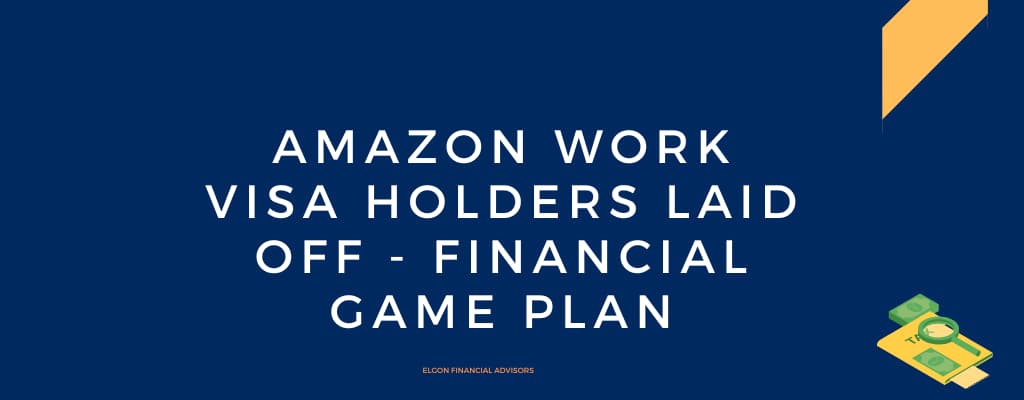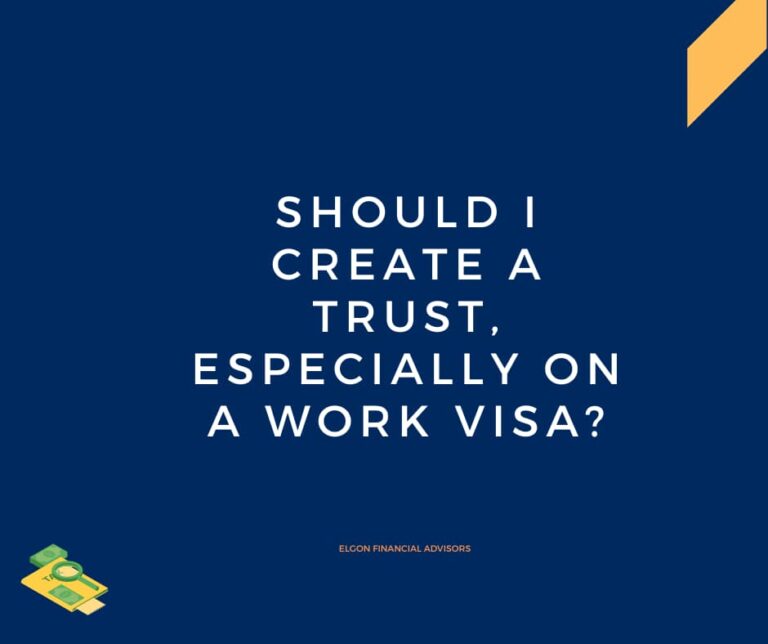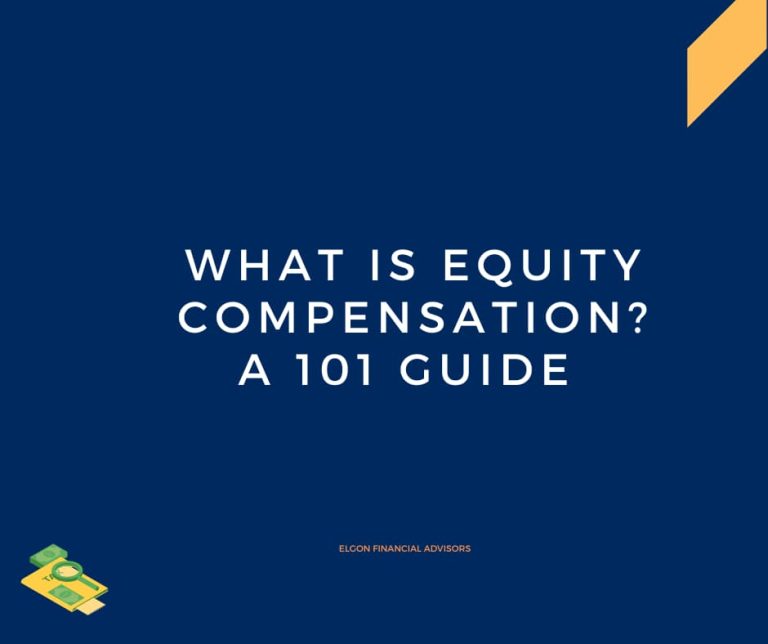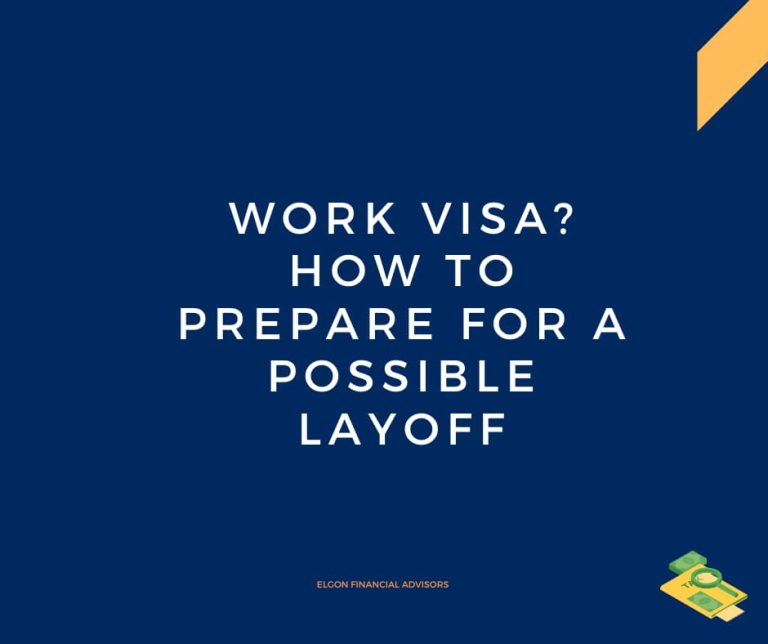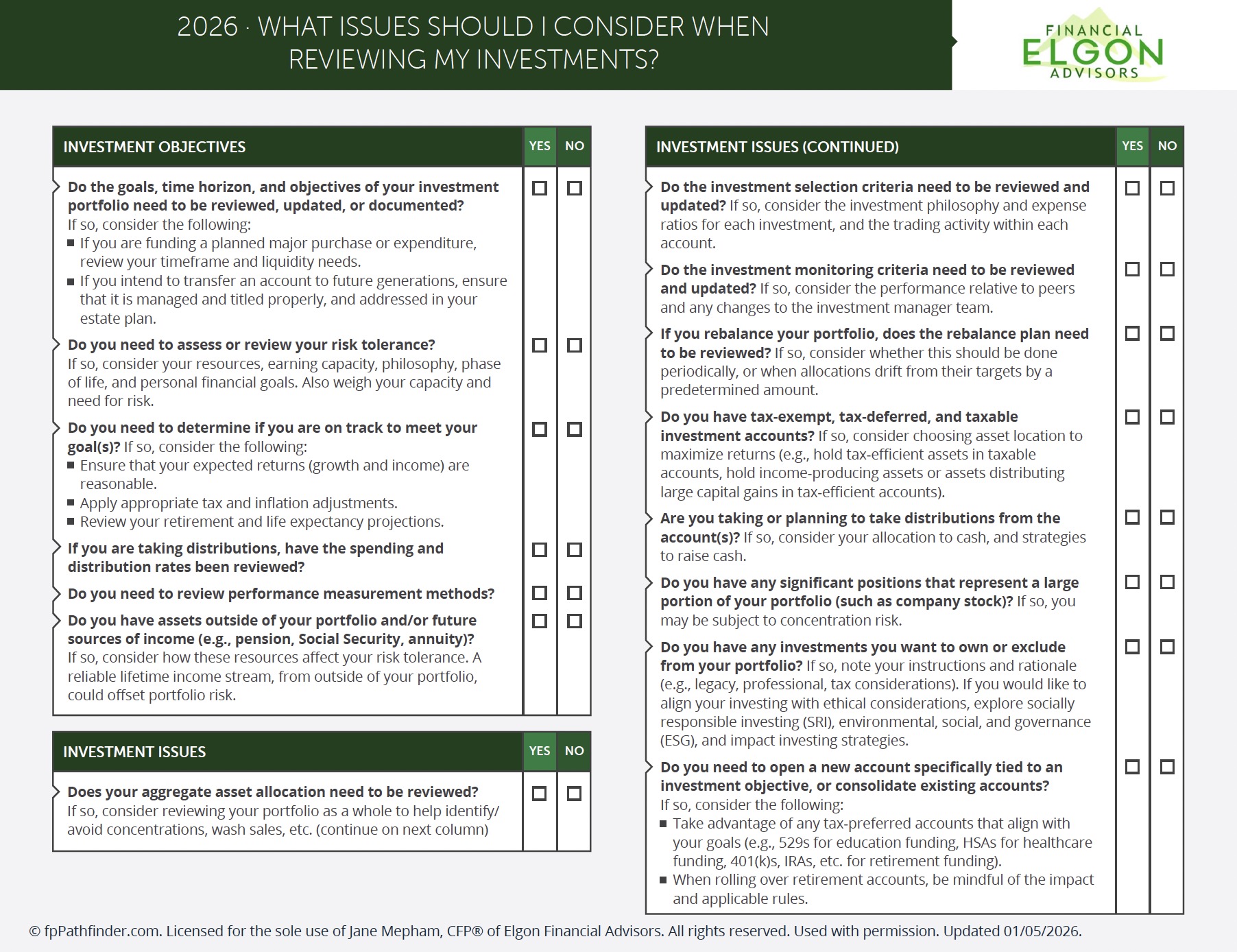Are you an Amazon Visa Holder who’s been laid off? In today’s post, I discuss a Financial Game plan to help you get through the next couple of months, whether you plan to stay in the US or decide to leave.
Amazon has one of the highest numbers of foreign nationals working in various capacities on a range of work visas. Although this is specific to Amazon, many of these principles will also apply to employees of other tech companies.
In my first post, we discussed the immediate game plan, focusing on what you can control with your immigration status.
In today’s posts, we discuss finances and Amazon benefits.
Your Primary Goal – Be In Control Of The Situation
Amazon Employees On Work Visas Impacted By The 30k Job Cuts – An Immediate Game Plan
A review of the previous post for Amazon Visa Holders Laid off – Immigration Game Plan
Find another job in 60 days and switch to this new company’s visa.
Switch to a dependent visa – for example, TD, H-4, etc – this assumes your spouse is on a work visa.
Switch to a visitor’s visa by filing 1-539 – gives you 6 months
Switch to a student visa, provided you have the necessary funds.
Today’s post assumes you’ve addressed the immigration question, so let’s jump into finances.
Amazon Visa Holder Laid Off – Financial Game Plan
Understand Your Severance Package – Laid Off
How much is your severance pay – how many months? Based on what I have seen, it’s typically 90 days of full benefits, and for some roles, there may be severance pay and support in finding another job.
It will be taxed just like your other income. Your immigration status at this point is not a factor in the bit.
Benefits – Amazon Visa Holder Laid Off
Especially when you have a young family, it’s essential to understand how much time you have available and what it entails for your medical benefits.
It may sound counterintuitive, but if your family has medical issues that need to be addressed and you’ve been putting them off, this might be a good time to take care of them.
Job Placement Assistance
If Assistance is being offered for finding another job, focus on this 100%; it could make or break your US future.
Reach out to them, explain your situation, and the urgency of the matter. Explain the immigration implications.
If you need to bring in other help on this, do it – your career at this point is key.
It’s most likely going to be money well spent.
Take Stock Of Your Finances – Laid Off On A Work Visa
Assess your current finances. How much is your available emergency fund? I recommend 12 months + the cost of tickets home for the whole family.
Yes, this is an emergency – you want to focus a lot of attention on finding a new job. Aim to put more of your financial and mental resources into this aspect.
For those supporting family overseas, you may want to have an honest conversation with them and explain what’s happening. A difficult subject, but worth having.
It’s the reality of being employed on a work visa in the US. Don’t shy away from some of this.
If there is a possibility of having to leave the country, you may want to investigate banks that allow foreign nationals to have accounts on their platforms.
Defer Big-Ticket Items
As an Amazon visa holder, laid off, your financial game plan includes some unique aspects.
Hold off on big-ticket items – such as buying a house, relocation, and the toughest one of all, making trips overseas. This last one is tough, but weigh the pros and cons and work as a family to make decisions.
An interesting one that I have seen is where, after a layoff, people are in a rush to invest some of that money back home (maybe take advantage of the exchange rates, hot opportunity), etc. Please don’t.
This is a significant financial decision; consider parking that money somewhere and holding off on making this type of decision.
Again, I want your full attention on the visa situation and its implications.
Crucial Expenses
There are a few fees I would consider crucial at this time.
Legal Fees: I consider legal fees crucial at this point. (Yes, you should consult an immigration lawyer – separate from your company’s lawyer.). Hopefully, you’ve already done this, as explained in the first step; if not, please do so now.
Job Search: Another expense that could be considered crucial is the cost of finding another job, but be cautious about who you choose to work with.
Planning Fees/ Resources: If you think you may want to leave the country, have a plan – use our The Complete U.S. Departure Checklist For Foreign Nationals On Work Visas checklist, or find a cross-border planner like Elgon or a cross-border CPA to help you plan for the transition.
P.S.: Our checklist is designed to help people like you plan to leave the US.
RSUs (Restricted Stock Units) On A Work Visa
Hopefully, you’ve looked through the grant documents and understand how your RSUs work. It also means you understand trading windows and how they apply to you.
Now, let’s add the new event – being let go on a work visa. Will they allow your RSUs to continue vesting during the 90 days? This will most likely be found in the severance package. If they do, that’s excellent.
My typical advice (when employed) is to exercise this as soon as they vest (it’s part of your compensation package) and diversify into something else. We take into consideration the trading windows.
For many of my clients, we end up withholding extra money for taxes, as this income is taxed as supplemental income, starting at 22%, and we typically find this to be less than ideal.
Selling them right away allows you to be more diversified and continue your strategy.
When your job ends, outside of any special arrangements, you forfeit any unvested RSUs, which makes sense, since they were part of your compensation package.
Learn More About Equity Compensation, Tax Implications, And Planning Strategies.
If You’ve Been Holding RSUs And Not Selling Them
If you haven’t been selling them, then we have some new decisions to make.
They are part of your portfolio and will need to be reviewed as such. How concentrated are you? This might be the ideal time to consider diversifying.
Further Reading: Can I Invest In Stocks On An H-1B Visa
Leaving the Country With Exercised Shares
If you end up leaving the country, consider the following key points specific to your situation. Your overall situation will vary widely, so consider this general guidance as a starting point to help you on the right path.
Your RSUs (now ordinary shares) are US-domiciled assets. Capital gains are not taxed in the US. Dividends will be taxed by the US at 30%, which could be lowered by the existence of an income tax treaty with your home country (if there is one).
If you are moving back to your home country, understand if there is a tax treaty with the US, what the tax rates are compared to the US, and how it treats overseas assets. There is a possibility of having to pay higher tax rates than you would have if you sold in the US.
If you’re moving to a different country, some of the above will apply, but you’ll also need to understand how your home country will view the situation as a whole.
ESPPs On A Work Visa
Amazon doesn’t offer the traditional ESPPs. The closest they offer is the direct stock purchase program. There is no discount, so my initial advice has been to focus on managing the RSUs, but if you really want to buy Amazon stock, then buy it on the open market.
If you’ve been participating in this, check your severance package; chances are it will simply stop.
Your Amazon 401k – When Laid Off On A Work Visa
Leave it there for now. If you secure another job, you can roll it over to the new plan or an IRA.
If there is a possibility you may leave the country, we need a couple more decisions.
If Leaving The Country
This will need a longer post, but in summary.
Because it’s a 401k, Fidelity will not force you to take it with you. However, as soon as you add a foreign address to it (which you should), they will severely restrict what you can do with it. Use the time now to do some rebalancing, considering you may not be able to adjust it for years.
Consider rolling it out to an IRA at a brokerage that allows foreign addresses on the account.
Any early withdrawals will cause the early withdrawal penalty (10%), but also attract a 30% tax, which an income tax treaty between your home country and the US might modify.
You have the option of strategically withdrawing the money over the years in a way that minimizes taxes; however, you will likely need to file US non-resident taxes when you do this.
Further Reading: Investing For Non-Immigrant Visa Holders: Understanding Visa Types, Investment Challenges, And Tax Implications.
Other Benefits (HSA, FSA, etc)
These benefits are outlined under the US tax code and are intended for use within the US. If you plan to stay, consider using your FSA money before the end of the year. You can use the FSASTORE, but you can keep your HSA.
I have rarely seen cases where you can use the HSA outside the US and get the same benefits. This means being taxed at your normal tax rate, plus a 20% penalty.
Also, your home country may treat it as another taxable account and lose all the tax benefits you had in mind when you created it.
Estate Planning
If you plan to leave the US and leave some of your assets behind, you must plan for what could be a huge estate tax burden. You become an NRA.
Instead of the usual $14 million that US tax residents receive, you may only be eligible for a $60k exemption on US-situs assets.
Conclusion
As an Amazon visa holder who has been laid off, your main goal is to stay, but if it turns out that this is not going to work for you, you want to be prepared to make the most of your hard-earned assets nonetheless.
Do You Have Some Niggling Doubts About Your Finances?
Cross-border financial planning is complex when considering your immigration status. And if you are foreign-born, there is no other way to look at it.
Being laid off on a work visa is tough, but not planning for the situation is worse.
You work so hard, but you could end up losing a lot because you were afraid to make a small investment in ensuring your solution works for your situation, allowing you to turn your money into your dreams.
Free Financial Assessment
If you’re not ready to start, that’s okay. However, please stay up to date with our regular updates by email or by joining us here. Sign Up Here.

6 Things to Do
When Starting A Job on H-1B Visa
You are starting a new job on a work visa, there are some critical things, that will set up for financial success in the first 3-6 months. Download the free guide below for the detailed list!
We never spam. By signing up you’ll also receive access to future resources right to your inbox.
Disclaimer: This article is provided for general information and illustration purposes only. Nothing contained in the material constitutes tax advice, a recommendation for the purchase or sale of any security, investment advisory services, or legal advice. I encourage you to consult a financial planner, accountant, and/or legal counsel for advice specific to your situation. Reproduction of this material is prohibited without written permission from Jane Mepham and all rights are reserved. Read the full disclaimer here.



